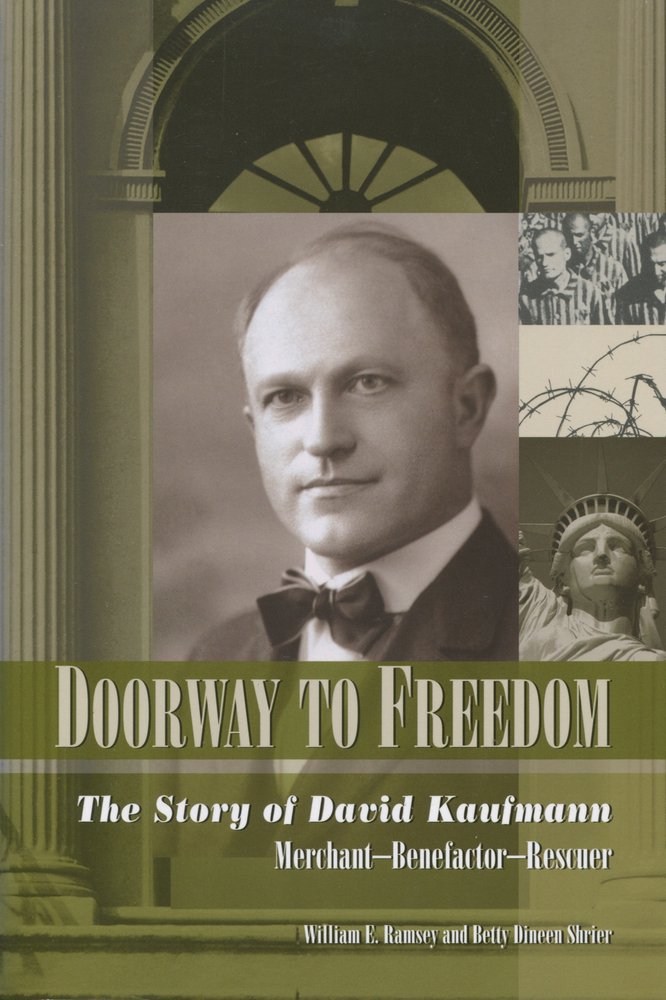Dr. Judy Stone, the daughter of Hungarian survivors of Auschwitz and Dachau and niece of Kitty Williams, tells the story of her family's strength and resilience during some the most horrific events of the twentieth century. Everyone touched by the Holocaust has a different story. This book contains many. Resilience chronicles the stories of Kitty’s entire family, The Ehrenfelds, as well as that of Judy’s father’s family, the Glattsteins. Kitty’s, or Kati as she is known to her family, story is woven throughout this book as it recounts how they survived and rebuilt their lives, focusing on hope and the good people they found. This book not only provides testimony about the horrors of the Holocaust but also offers a connection to the rich heritage of Jewish life in Europe that has been largely lost.
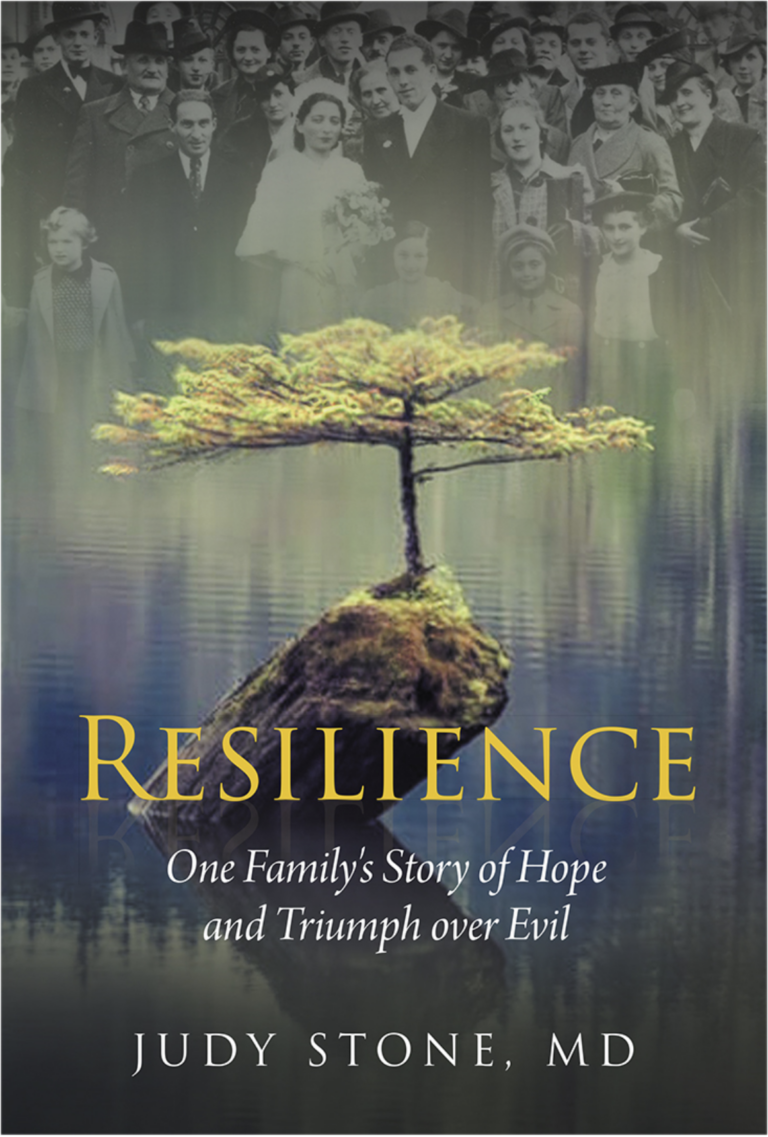
In his re-published memoir of his childhood during the Holocaust, young Milt (then Mendel Dawidowicz), from age four to 14, tells in vivid detail about the tortuous journey of his parents, his brothers, and himself in cramped rail cars with other Jewish refugees through frigid Russia, the indignities of forced labor, the shame of begging for bread just to survive, the death of those closest to him—and his eventual landing in a Polish Children’s Home in Uzbekistan in Central Asia for the duration of World War II.
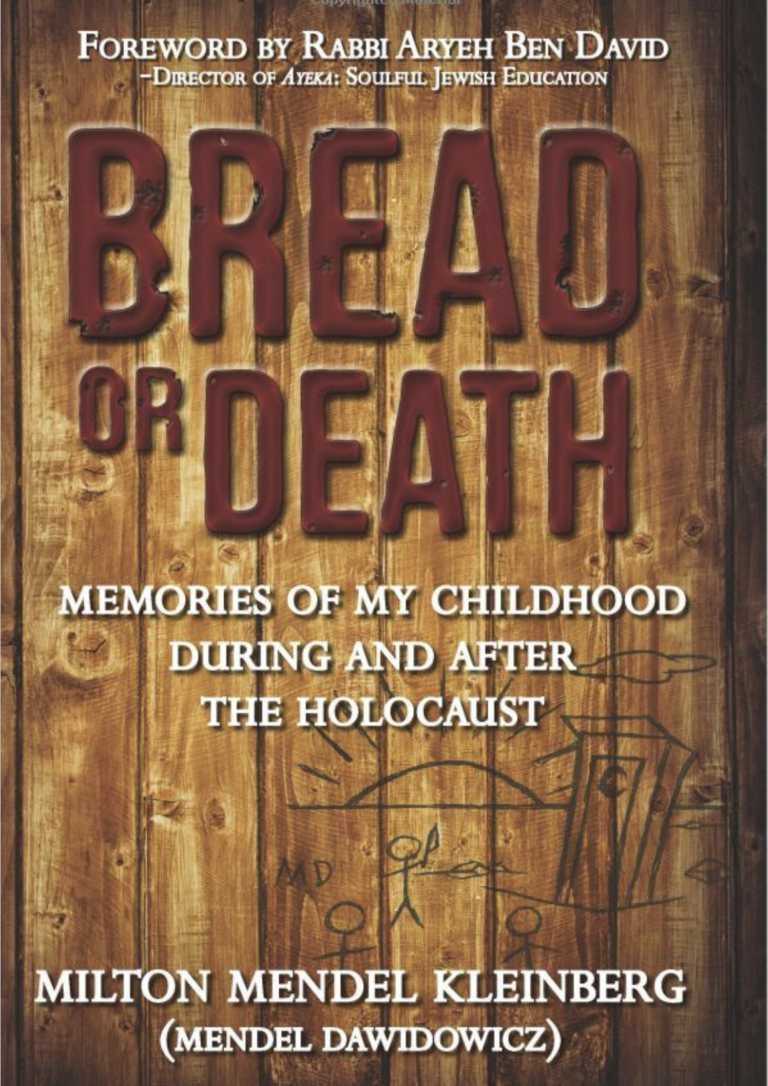
Rachel was born in Wolanov, Poland in 1923. At the age of 14, she was sent to the ghetto and later to four concentration camps including Theresienstadt and Auschwitz. Rachel’s sisters, Mania and Bluma, were also in Auschwitz, but she saw them only once. At the end of the war, the sisters reunited. She married her husband Carl in 1946 and arrived in Omaha with a child in 1949. “I love life, nature and I love people around me, and I want to be as happy as possible.”
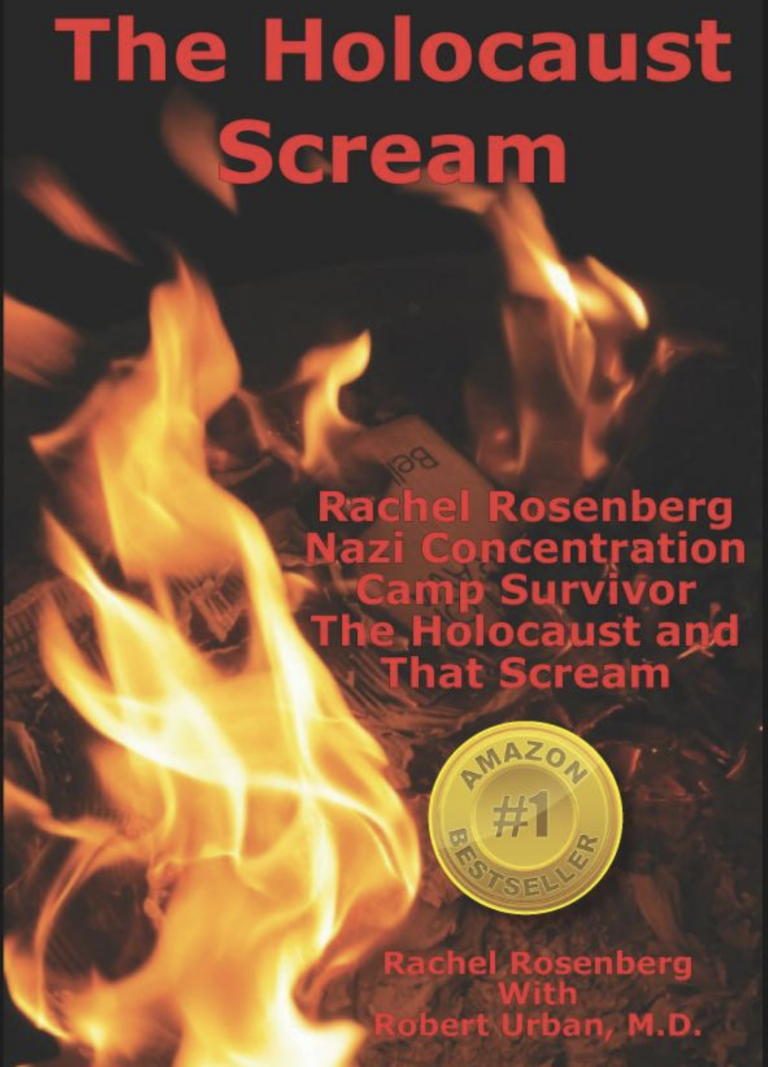
Carl Rosenberg was born in Wolanow, Poland, in 1915. He grew up in a small village west of Radom, where he lived with his parents, two brothers, and two sisters. Carl served in the Polish army for two years and in 1939 he was recalled to active duty as a machine gunner. This true story is the culmination of a lifelong promise to his mother that if any of her children should survive they would tell the world their story so that the death and destruction inflicted by Nazi Germany upon the Jewish people should never be forgotten.
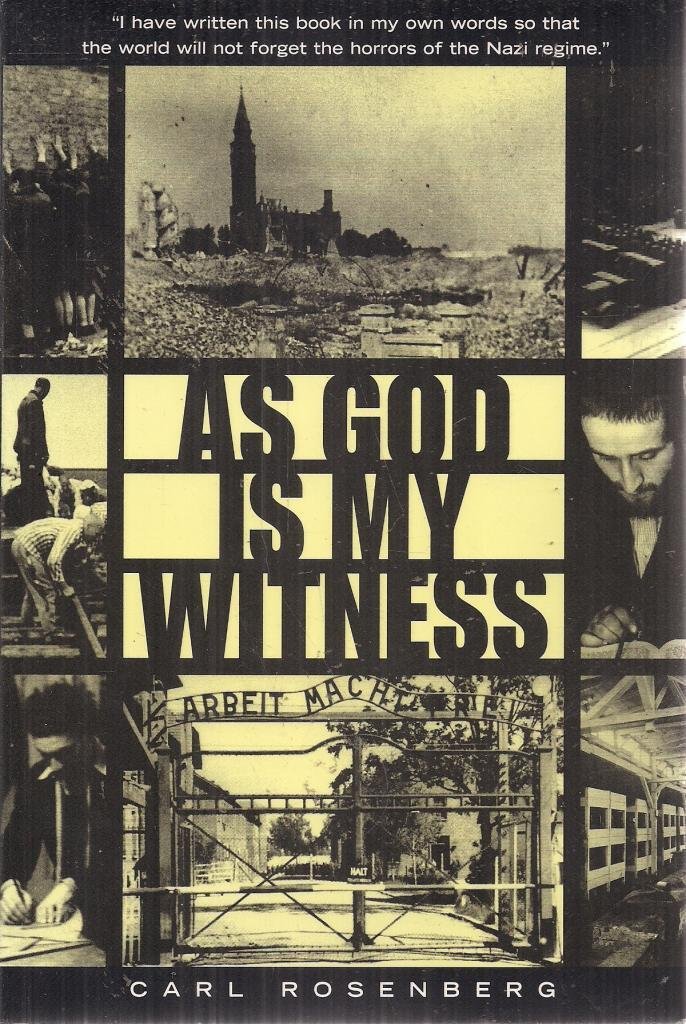
Bea Karp was born in Lauterbach, West Germany in 1932. She is a child survivor of the Holocaust. Bea’s family witnessed the horrific Kristallnacht (Night of Broken Glass) progrom of November 9, 1938 and were ultimately taken from their home to a work camp in Gurs, France. Bea and her sister were rescued from the camps by the French Jewish Underground, the OSE. She was moved 14 times until she and her sister were placed in a convent in Milleaux, France.
Following World War II, Bea moved to England and then came to the United States. She lived in O’Neill, Nebraska for many years with her family before moving to Omaha where she resides today.
Bea and her daughter co-wrote My Broken Doll: a memoir of survival of the Vichy Regime.
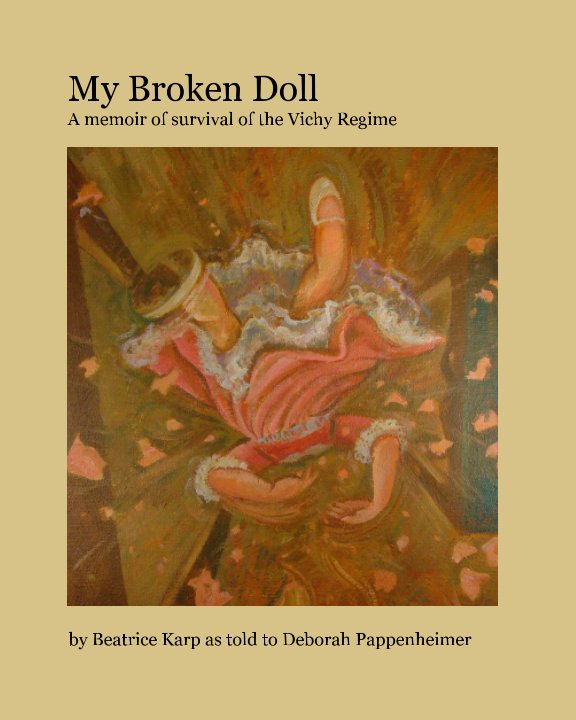
Lou was born in the Netherlands in 1931. His family was prosperous and Lou enjoyed a carefree childhood. Not long after the family went into hiding in 1942, they were discovered by the Nazis. Lou escaped through a back entrance and was separated from his parents, who were captured. Wandering on his own, he was caught by a farmer and later handed over to the Dutch Resistance who cared for him until the end of the war.
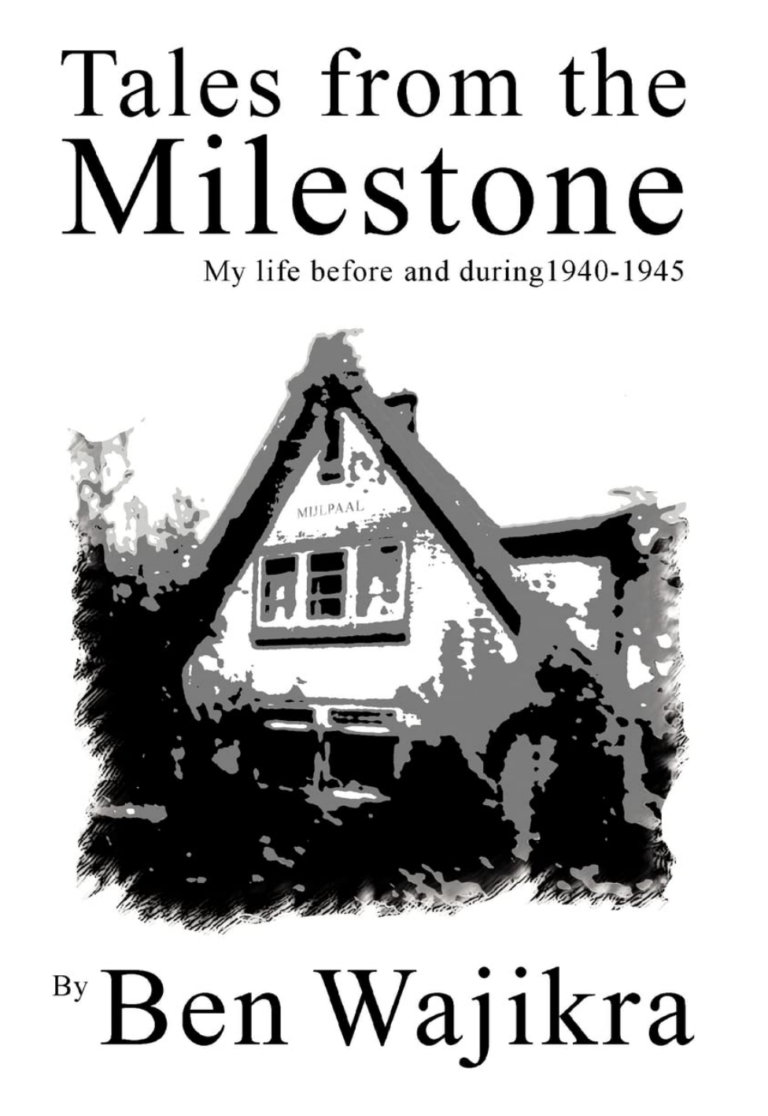
Born in Nyirodony, Hungary, in 1925, Leo’s town was near the Romanian border. Taken in 1944, his family was first confined in a ghetto and later sent to Auschwitz. There, most of the family was murdered. Having endured Mengele’s experimentation and surviving a failed event at the gallows, he was liberated and eventually went to Canada. Leo became a cantor and later came to Omaha.
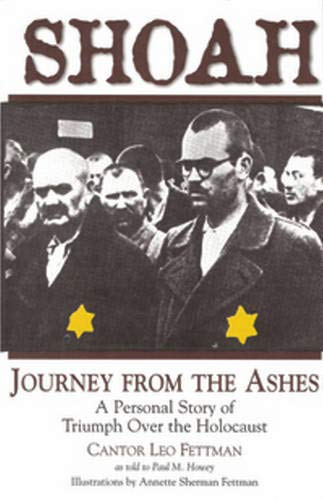
The story of David Kaufmann, a German-Jewish immigrant living in Grand Island, Nebraska who reached out to rescue families, friends from the darkness of Nazi Tyranny and the Holocaust.
